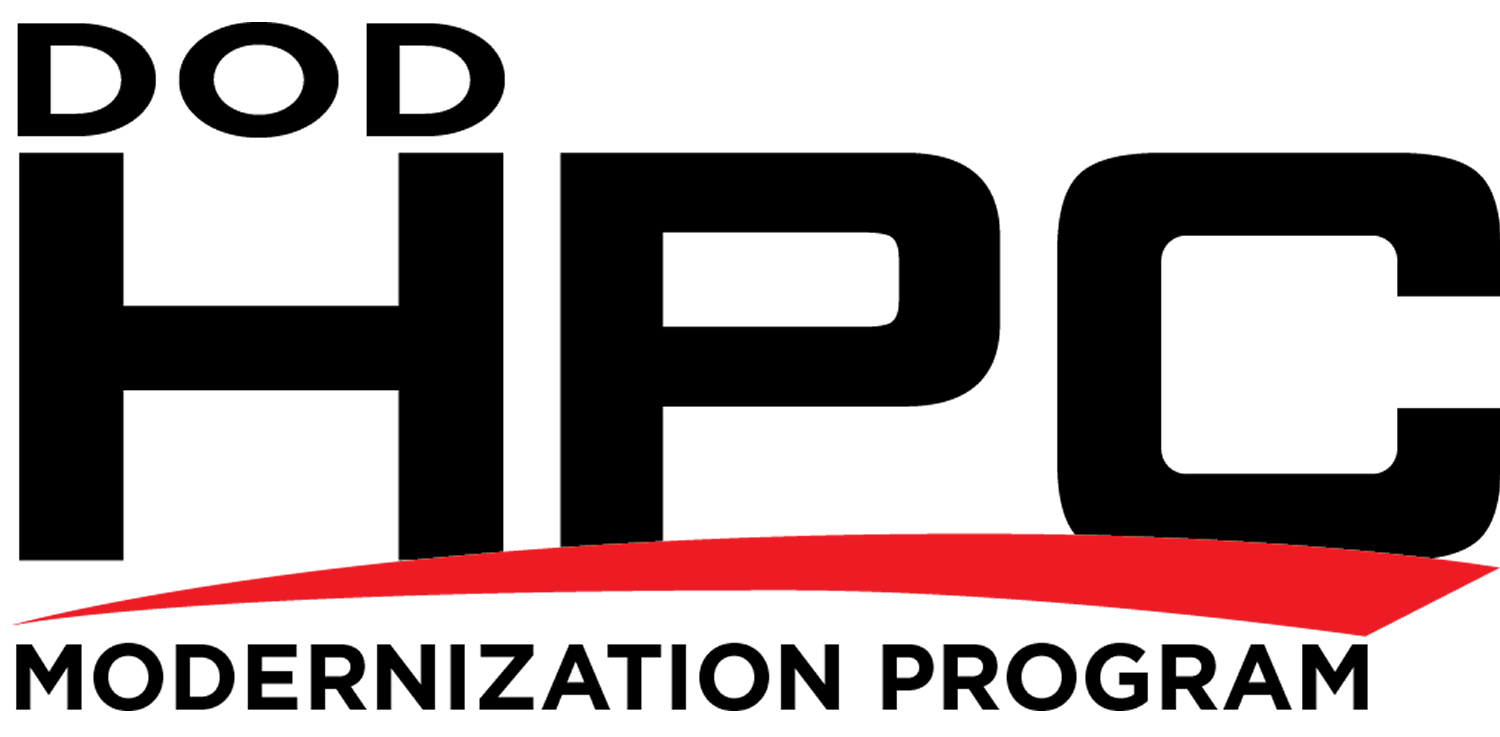IPv6 Cell Phones
Internet Protocol version 6 (IPv6) is supported on cell phones running the following mobile operating systems:
Android 5.0 or later,
Apple iOS 4.1 or later,
and some older (now obsolete) mobile operating systems such as:
Blackberry 10 or later,
Microsoft Windows Phone 7, 8, 8.1, 10 Mobile, and
Symbian v7 or later.
Cell phones not listed above that support an Long Term Evolution (LTE) communications protocol are also capable of supporting IPv6. Whether IPv6 on a particular cell phone is enabled and which network interface(s) support IPv6 (Wi-Fi or cellular or both) is determined by the individual wireless carrier.
Cell phones running Android 4.3 or later come with the 464xlat (a widely supported IPv6 transition mechanism) built-in, although support for Dynamic Host Configuration Protocol for IPv6 (DHCPv6) is still missing. Cell phones running Microsoft Windows Phone 8.1 or Microsoft Windows 10 Mobile even came with both 464xlat and DHCPv6 built-in.
As part of a broad industry effort to support IPv6 on cell phones (as described in this article), beginning in 2016 apps on Apple iOS 9 (or later) on Apple's App Store Social Networking web page had to be compatible with IPv6 DNS64/NAT64 networks and also had to support IPv6-only networking. In 2021 with the release of iOS 15 and later, Apple supports IPv6-only-preferred (IPv4-only and dual-stack nodes on a local area network both continue to be supported but all new and updated nodes on the network are IPv6-only, sometimes referred to as IPv6-mostly access).
IPv6 Support by Nationwide US Wireless Carriers
All nationwide United States (US) wireless carriers have deployed IPv6 across their wireless networks:
T-Mobile US, Inc. and their subsidiary Metro by T-Mobile (formerly MetroPCS),
Cellco Partnership d/b/a Verizon Wireless (a subsidiary of Verizon Communications, Inc.) and
their subsidiary Visible,
Sprint Corp. (previously known as Sprint Nextel Corp.) and their subsidiaries Virgin Mobile and
Boost Mobile), and
AT&T Wireless (also known as AT&T Mobility LLC and AT&T U.S. Mobility, previously known as
Cingular Wireless and BellSouth) and their subsidiary Cricket Wireless.
T-Mobile US, Inc. and Sprint Corp. began the process of merging in early 2018 and completed it in early 2020. The merged company is now called T-Mobile US, Inc. As part of their merger, Virgin Mobile ceased operation and its customers were transferred to Boost Mobile, and Boost Mobile was subsequently sold to Dish Network, LLC, which is now another nationwide US wireless carrier. After a corporate rebranding in 2012 Dish Network, LLC has referred to itself as simply “Dish”. Dish entered into a master network services agreement (Master NSA) in 2020 with T-Mobile and an NSA in 2021 with AT&T Mobility, giving Dish customers IPv6 access while it builds out its own IPv6 network.
For nationwide US wireless carriers, a statement of IPv6 support is usually available -- click on the name of any nationwide US wireless carrier (other than Dish). All nationwide US wireless carriers are facilities-based carriers. That is, they own and manage the network equipment used to provide wireless communications services.
IPv6 support by Regional US Wireless Carriers
The approximately 70 regional US wireless carriers are also facilities-based carriers. None of these carriers have released public statements about IPv6 support on their networks except for Silver Star Communications. Since all cell phones that support an LTE communications protocol support IPv6, and all regional US wireless carriers (except for those in American Samoa) support an LTE protocol, all regional US wireless carriers may support IPv6 in the future.
When a regional US wireless carrier that appears on this list of Autonomous System Numbers (ASN) maintained by Hurricane Electric displays a non-zero number in the Routes v6 column for any entry for that carrier (there may be more than one entry for a given carrier), it can be inferred that the company supports IPv6 or is working toward supporting IPv6. For example, United States Cellular Corporation d/b/a U.S. Cellular (also known as US Cellular or United States Cellular Telephone Company), a regional US wireless carrier that is larger than any of the other regional US wireless carriers, displays a zero in the Routes v6 column for each of its entries in the list and consequently does not support IPv6.
The following regional US wireless carriers display at least one non-zero number in the Routes v6 column, so it can be inferred that they either already support IPv6 but have not (yet) released a public statement about IPv6 support on their network or are working toward supporting IPv6: Bluegrass Cellular. Bug Tussel Wireless, C Spire Fiber, Chariton Valley Telephone Corporation, Evolve Broadband, Inland Cellular, Limitless Mobile, Nemont, Pine Belt Wireless, Pioneer Cellular, Rimrock Wireless, RTC Communications, Union Wireless, and West Central Wireless.
IPv6 support by US Mobile Virtual Network Operators (MVNOs)
There are over 100 US MVNOs that are not facilities-based. Instead, they resell wireless services (including IPv6 support) provided by the above nationwide US wireless carriers. Some US MVNOs are owned by nationwide US wireless carriers or by Internet Service Providers such as Charter Communications, Comcast Corp or Lumen Technologies, LLC (formerly CenturyLink Business Inc.).
Return to the IPv6 and IoT: FAQ page.
